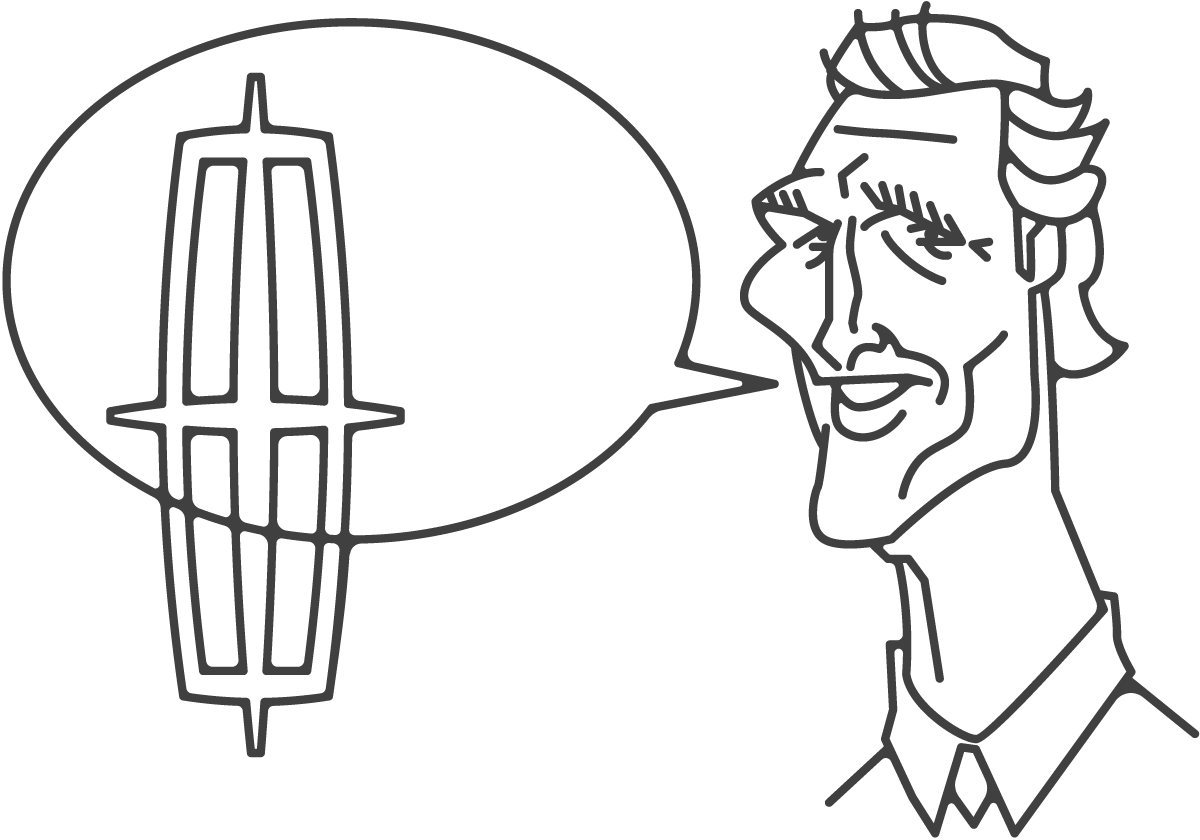We all have experienced “social proof” in one way or another. From reviews on Amazon to celebrity endorsements on commercials, these tactics not only work for brands, but actually prove quite effective when it comes to the psychology of buyers.
You see, humans are social animals. We are also very risk-averse in that we want to limit our risk as much as possible. By avoiding the downside of our choices and actions, our brains reward us with positive feedback loops through certain chemicals being released. Since we like the positive feedback we receive from a successful attempt, we are programmed to look for ways to efficiently maintain the avoidance of downsides. A shortcut we have developed is social proof.
Our brains take the shortcut that “if everyone is doing it then there must be less risk.” This being true or false depends on the context, but its application is prevalent nonetheless and that is why it works so darn well. As a business, it makes sense for your brand to lean into this psychological heuristic (shortcut) that can help you stand out and sell more.
Here are six categories of Social Proof that humans respond to:
- Experts
We see this often used in dental brand commercials as they mention or show dentists approving of the product. Also, influencers on social media who specialize in a certain category. - Celebrities
Used since the beginning of advertising. Whether it be for a political campaign or a new product, celebrities are often used due to the familiarity the public has with them as well as their influence. From Samuel L. Jackson and Matthew McConaughey to Steph Curry and Serena Williams, the power of influence familiar faces is evident in the lure of those endorsements. - Users
From reviews to testimonials of past customers, this is social proof that works because it is proof there are people who have paid and are satisfied. - Wisdom of the Crowd
Following the herd is very ingrained in us as a species. When we see that a crowd agrees on a point via a poll or if there are 1 million copies sold, etc. we believe this and decide accordingly – for better or for worse. - Peers
When we can see that there are people like us who have purchased and are satisfied it really hits home because we can put ourselves in their shoes. If it worked for them, then chances are that it will work for us. - Certification
Whether its a degree on the wall, a white lab coat, or a special certificate earned, these signals certify the business and help the audience see them as socially legitimate. These signals increase the trustworthiness of the brand and help the buyer take action.

These six categories actually can be found in many aspects of marketing and each takes a great approach to leveraging human psychology. Of course, these tactics should only be used to further legitimize your business and not deceive or manipulate someone into purchasing.
Social proof is a cornerstone of any successful brand because it is directly connected to the perception of your business. Just like when you see a line outside of a restaurant or bar you’ve heard about, just the fact that there are other humans waiting to get in signals to you that the establishment must be pretty great. This perception (the brand) increases the perceived value and appeal of the business by leveraging the power of social proof.

